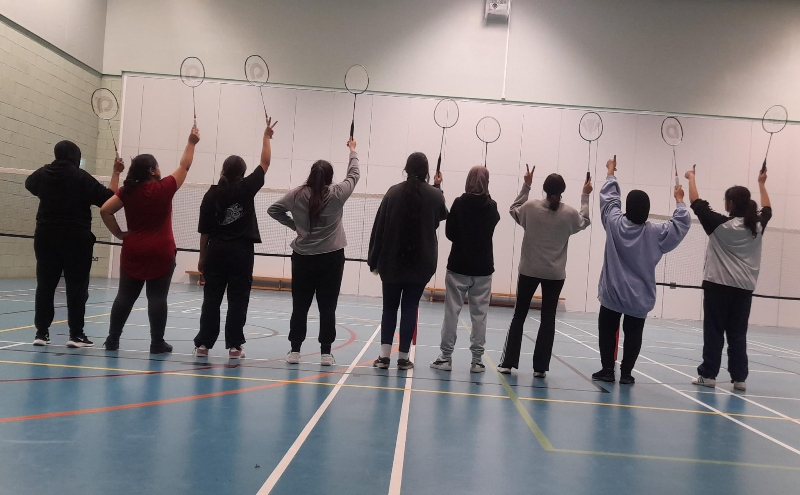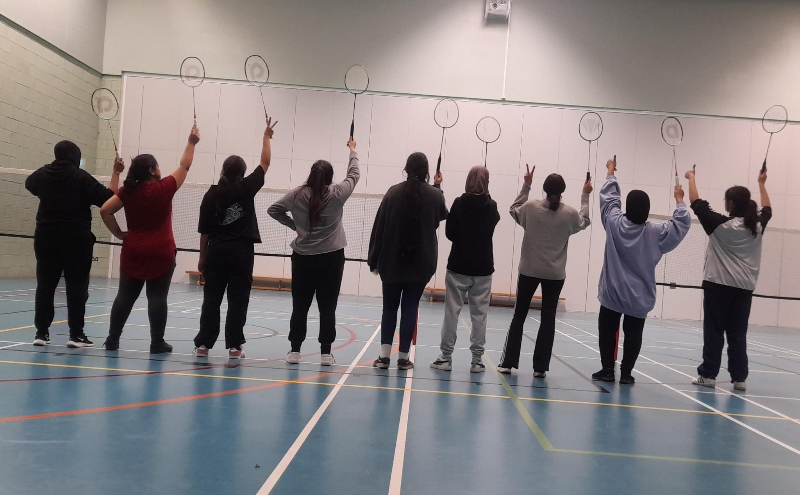
19th September, 2024
Birmingham may be the second largest city in the UK but with recent figures placing the number of deaf people living in Britain somewhere around 12 million, the potential for community exclusion remains great.
That was the founding principle of Badminton England’s No Strings Programme – to prevent deaf people across England being left on the sidelines.
Armed with the ambition of offering a safe place for members of the deaf community to be active and sociable, that is exactly what community sports clubs across Birmingham have dedicated their time to achieving.
Non-profitable community groups in Birmingham’s Moseley and Sparkill areas took this one step further, by organising sessions specifically targeting women in suburbs where a lack of accessible sports clubs for the deaf community prevails.
The south Birmingham-based projects have been making huge strides through their Unlocking Potential Deaf and Hearing work which offer an open environment for deaf women to play badminton.
“Due to previous work with Badminton England that was successful, we opened the No Strings Programme up to women,” said Malikah Khan.
“Our programmes are unique because we work with two audiences – women and the deaf community – which facilitates the formation of more relationships in the local area. Women who come to our sessions now do so not just for fitness reasons, but for social means.”
Coaches deliver weekly sessions to average class sizes of between six and seven women across a variety of ages, offering the chance for complete beginners to take up the sport.
“We try to keep the costs down to about £3 for a flexible hour game,” said Khan. “We want to encourage women to return regularly and support them to be active, alongside keeping in mind potential financial struggles brought about by the cost of living crisis.
“We also try to keep our sessions running for as long as possible, offering flexibility to women who may have other commitments and might otherwise miss out on the chance to get out of the house.
“There is no forced commitment – we really just want to champion social play.”
Malikah has seen first-hand the tangible benefits that being active in an open-minded, accommodating and enthusiastic setting bring to deaf women who otherwise lack the same opportunities to be active as their non-deaf friends, but would like to see more community groups follow suit.
“If I could offer some advice to other clubs thinking about offering similar sessions, I would say you have to know the community you are working with,” she said.
“If you don’t, it’s hard to engage meaningfully and the coaches won’t be able to interact in a productive way. In our sessions we ensure all our coaches can communicate with the deaf community.
“Being really committed to making sessions friendly is also key. We remind our coaches to introduce any new players to make them feel more relaxed and welcome.”
